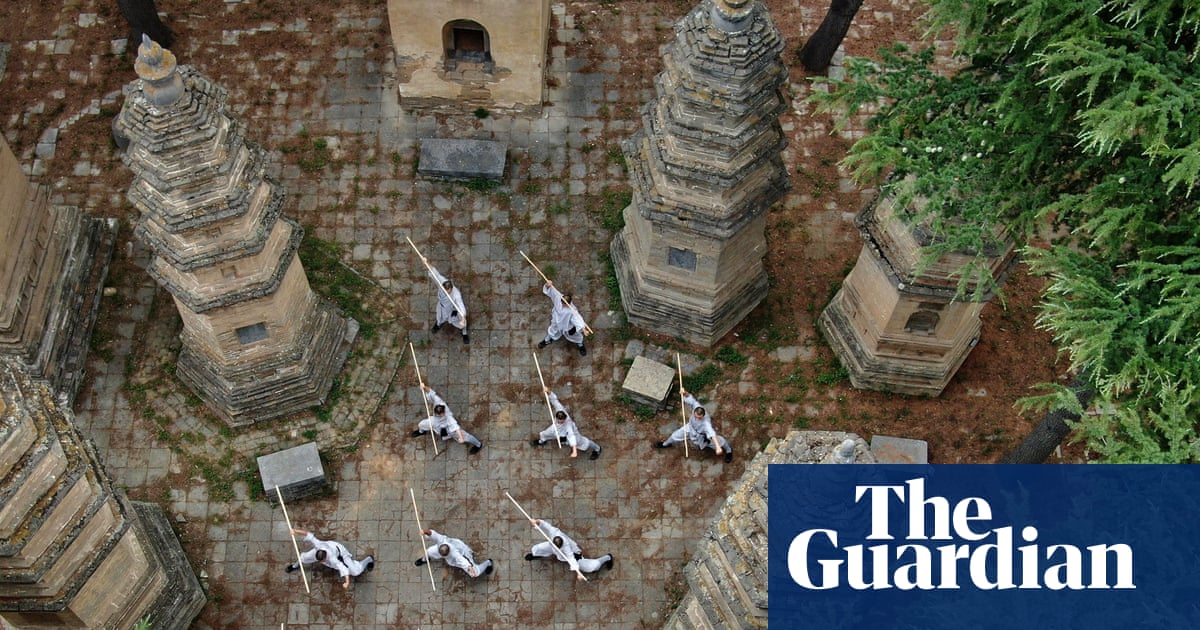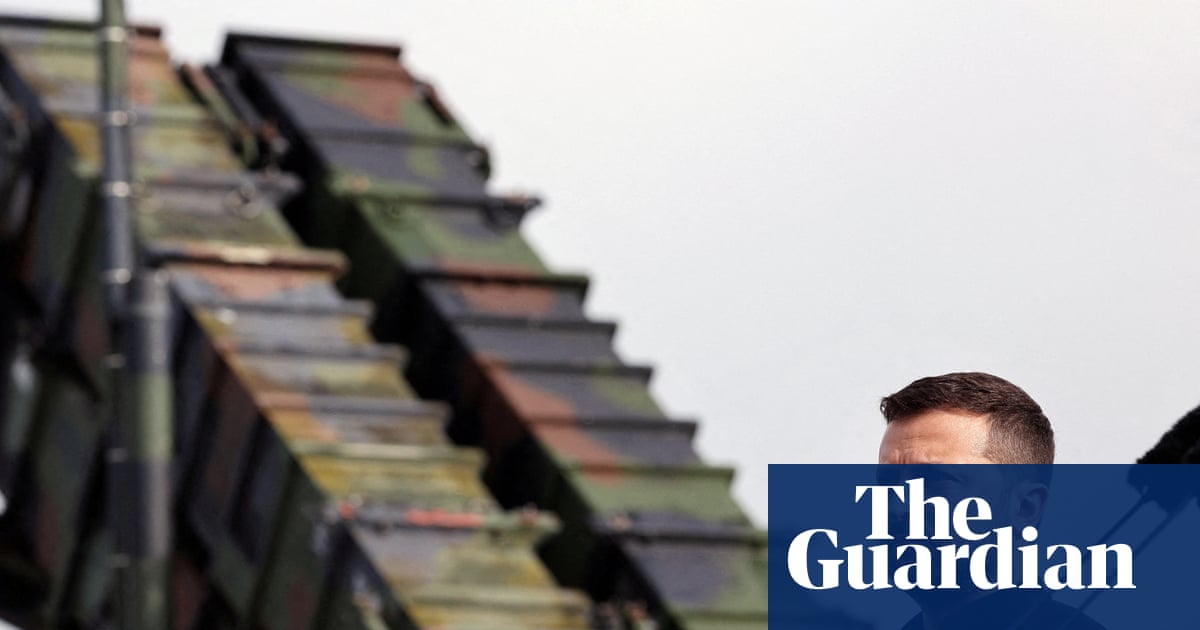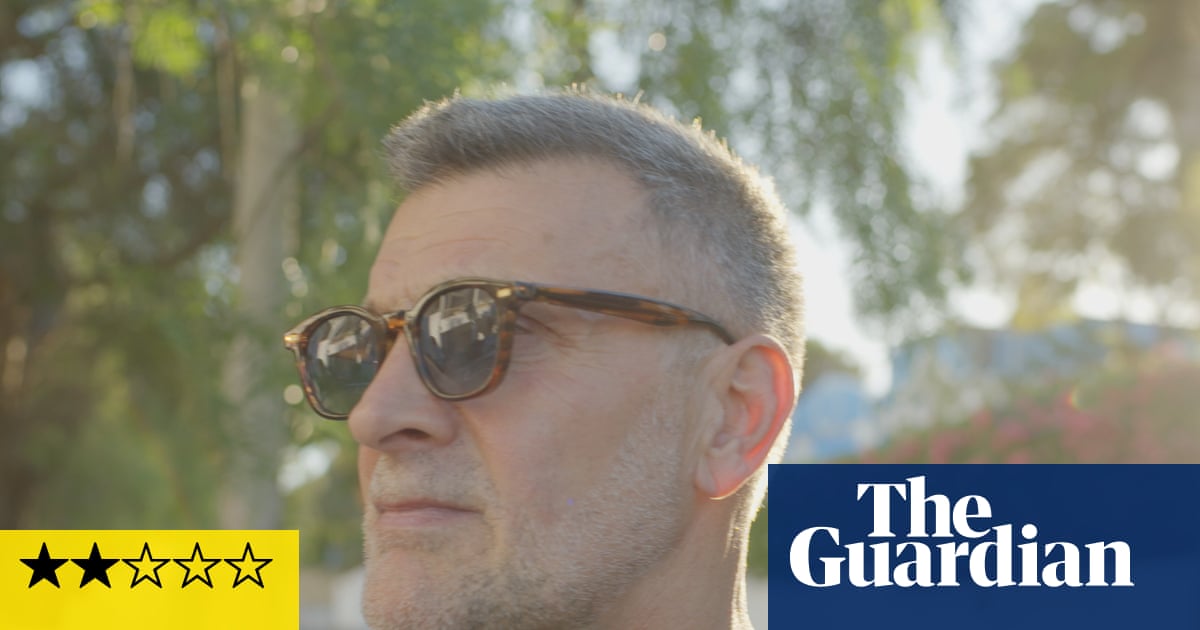The dust is still settling from Donald Trump’s latest “ambush” in the Oval Office. What started off as a series of pleasantries about golf between the US president and South African president Cyril Ramaphosa’s delegation quickly turned into a lecture – complete with a video screening and reams of printed-out news articles – about how a white genocide is supposedly under way in my home country.
The delegation was largely successful in correcting that narrative. It emphasised that crime affects South Africans of all races and that white citizens are not specifically targeted. Zingiswa Losi, president of the Congress of South African Trade Unions, rightly pointed out that in rural areas, it is Black women who bear the brunt of violent crime.
On the surface, this might all seem like a familiar conflict – one between Trump’s deluded and emboldened hard-right vision of the world and a country’s leadership trying its best to stick to the facts without aggrieving the beast too much (South Africa is still facing 30% tariffs, after all). But as an investigative journalist and researcher who focuses on land dispossession and reform in South Africa, to me the encounter looked different. All I could see was a missed opportunity.
One spark for this ongoing showdown between the Maga movement in the US (allied with some white Afrikaners in South Africa) and the African National Congress (ANC) government has been the introduction of a land reform act that was passed in January. The law aims to address the inequalities of the white-minority-rule era by tackling an issue that has been ignored for too long in post-apartheid South Africa and lies at the root of many of our problems: land. To explain why, let me return to the subject of golf – a subject that feels all the more appropriate given that, at Trump’s request, Ramaphosa’s delegation included professional golfers Ernie Els and Retief Goosen.
I’ve written extensively about golf courses and golf estates. Take the suburb of Fourways in northern Johannesburg, which contains some of the most exclusive and luxurious golf estates in the country. With homes that sell for tens of millions of rands, these enclaves serve South Africa’s wealthy elite. Among their many amenities such as private lagoons, nature trails, sports fields and high-end restaurants, the most coveted is safety. In a city with high rates of car hijackings and home invasions, their surveillance systems, access control and electrified perimeter walls offer peace of mind that is a luxury in Johannesburg.
Inside those walls lies a world largely insulated from the realities of South Africa – a world that is overwhelmingly white, even though more than 80% of the South African population is Black.
Before Fourways became a hub of luxury living, it was an agricultural region made up of farms and smallholdings. The land was seized in the 19th century by Afrikaner settlers who forced the original Black residents into labour tenancies. Stripped of land rights, those tenants could only stay on their ancestral land if they worked it for the settlers.
In the 1980s, as apartheid began to falter and the prospect of democracy grew, many white landowners sold their farms to private developers and fled the area or the country. The labour tenants were left behind, only to be forcibly relocated to underresourced townships such as Alexandra and Soweto. They lost not just their homes and livelihoods but also family graves and burial plots that could not be moved.
Some 30 years into democracy, the former labour tenants of Fourways, like the majority of South African land claimants, are still trapped in a backlogged, corrupted land-claims process with their hope dwindling that they’ll ever be granted compensation or restoration of their land rights.
This is why it’s so tragic that Ramaphosa’s team has been framing the failure of land reform as proof of successful race relations. It’s as if they’re effectively saying: “Look – there can be no ‘white genocide’ in South Africa because white people own 72% of farmland!” This is factually correct. However, our inability to redistribute land, and thus create a more equitable and sustainable South Africa, is not a marker of national unity. It is the ANC’s most glaring policy failure, one the government is only belatedly trying to fix with this controversial law.
The crowded, impoverished townships where the state relocated Black South Africans under the Group Areas Act remain among the most dangerous places in the country. Generations of South Africans have been cut off from the wealth-building power of land ownership. Here’s the key point: this economic exclusion, combined with mass unemployment, fuels the very crime that the delegation insisted affects everyone equally.
I appreciate that it may not have been the right occasion and Trump was probably not a receptive audience for a nuanced conversation. Still, it saddens me to think of the resources poured into this mission to correct the damage being wrought by a malicious, white supremacist agenda in South Africa and the US. Meanwhile the historically dispossessed South Africans who need these resources most are left to flounder, overlooked as the true victims of the violence of the apartheid regime and the dark shadow it has cast over our young democracy.
Most Black South Africans will never be able to afford to move to areas such as Fourways. They live in places the government once designated for removal, with limited access to jobs, safety or infrastructure. They are the ones most exposed to violent crime, not those living in fortified golf estates and large fortified farms.
-
Zanele Mji is a writer, investigative journalist and podcaster based in Johannesburg, South Africa

 3 months ago
178
3 months ago
178

















































